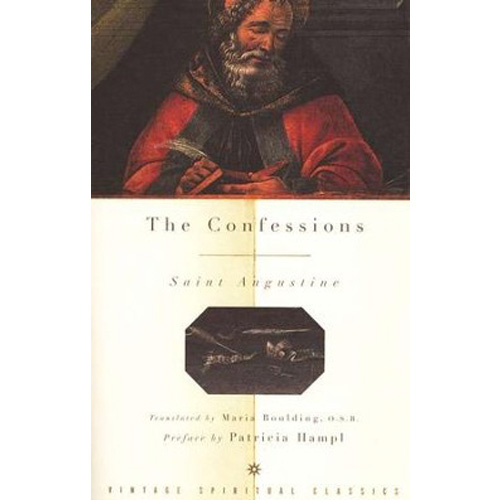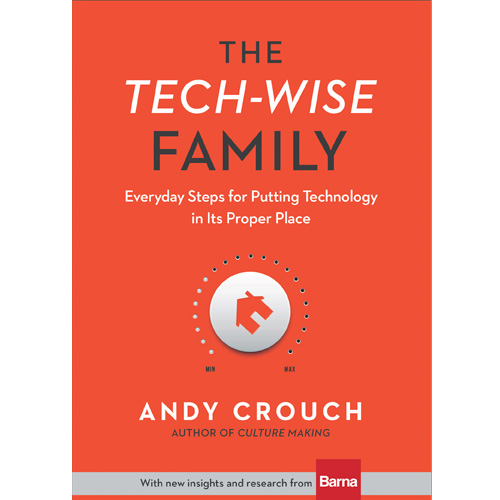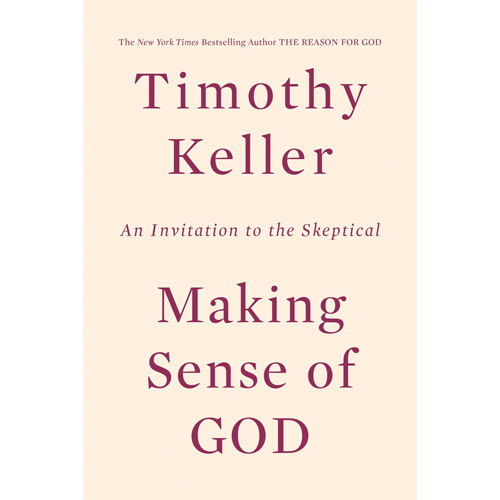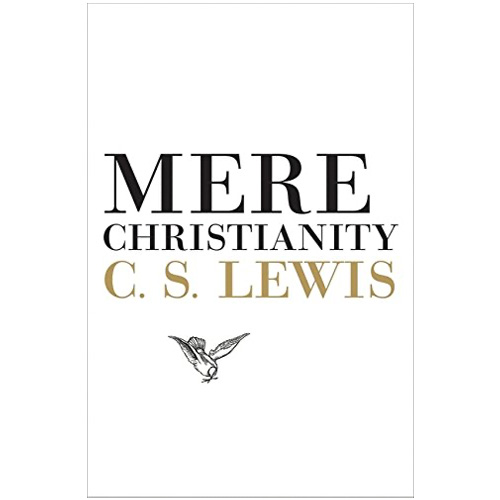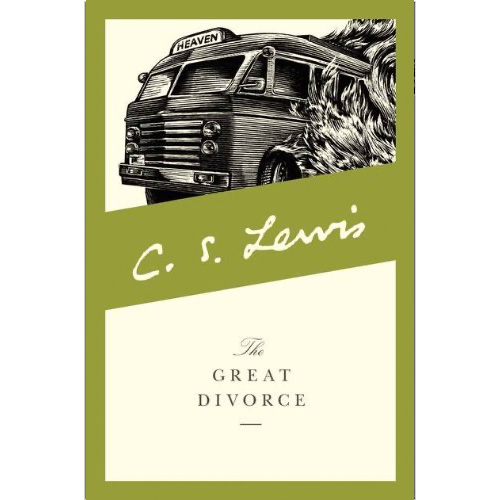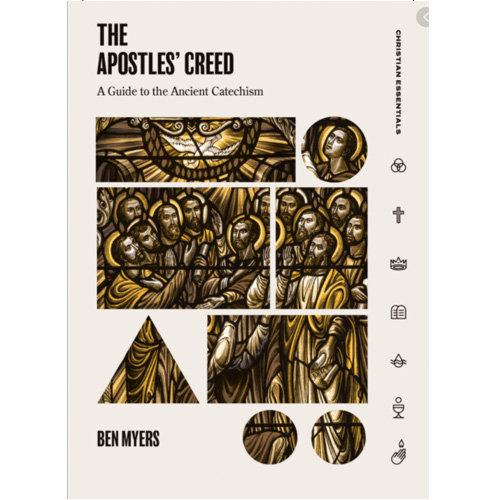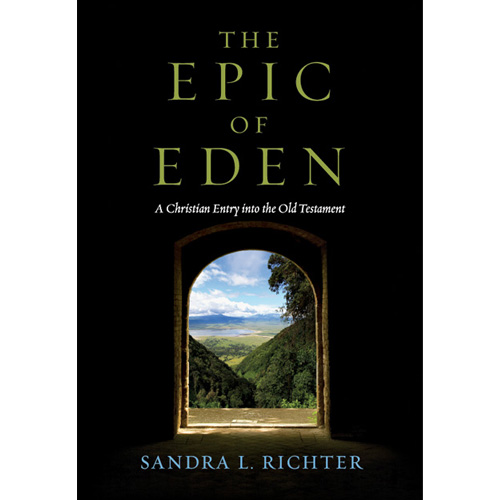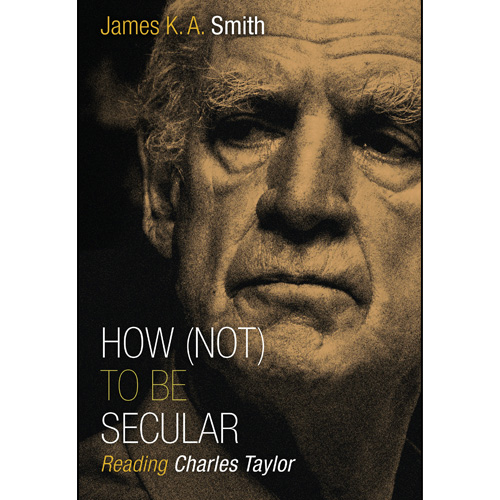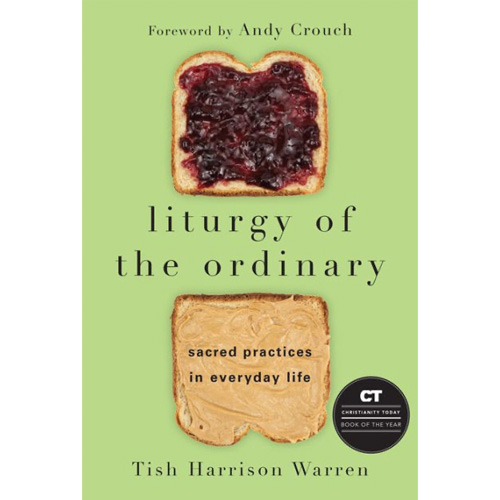BOOK RECOMMENDATIONS
OUR MOST RECOMMENDED BOOKS IN THE LIBRARY
There are a lot of books in our library. But which is right for you? This is a guide to help you sort it out. But be advised: a book isn’t like a soul mate. There are lots of good books in the library, and many of them may fit what you’re looking for—or there may be a book for you that you’re not looking for. So have an open mind.
We offer these book recommendations as a guide for you to find a book. Some of them are favorites of the Lewis House staff. Some of them are organized by topic. But all of them are aimed at getting you a book that we think you’ll enjoy or that’ll be good for you. Happy reading!
THE LEWIS HOUSE TOP 10
Okay, it’d be impossible to boil down our favorite books to a Top 10 list. But these are the books that we all love at Lewis House. We come back to these again and again—and recommend them again and again. If you pick any book off this list, you can’t go wrong.
The Confessions – Augustine
Anyone old enough to understand themselves will find a kindred spirit in Augustine. Outside of the Bible, this is the book that looms largest in the Christian tradition. Part memoir, part prayer, part theological reflection, Augustine chronicles his own life in a way Christians have connected with for centuries.
Tech-Wise Family – Andy Crouch
This short book is great for anyone with a family or technology. Yes, it’s written to help families navigate the crazy world of technology. But it’s full of practical advice for how anyone could use their tech with wisdom.
Making Sense of God – Tim Keller
Keller’s Reason for God is his more famous book, but this one goes further upstream. He looks at the cultural forces leading to nonbelief, and offers a pastor’s insight on the central issues plaguing our culture.
Mere Christianity – C. S. Lewis
A classic. There’s not much else to say, other than: if you’ve not yet read Mere Christianity, drop your other books and read this one.
The Great Divorce – C. S. Lewis
Mere Christianity gets all the acclaim (and rightly so), but this may be Lewis at his best. He combines his incredible theological mind and his remarkable imagination toward considering the ways we all choose heaven and hell: even in the smallest ways in our daily lives.
The Apostles Creed – Ben Myers
The Apostle’s Creed is a bedrock of the faith. It’s not Scripture, of course, but it is an ancient summary of critical Christian beliefs. But many aren’t familiar with it. In this short book, Myers gives an excellent introduction to the Apostles Creed and why these beliefs are so important for our faith.
Epic of Eden – Sandra Richter
The Old Testament can be a scary place. Sandra Richter identifies the “Great Barrier”—time and place—between us and them in this book. And then she gives us some handles for reading the Old Testament well. Few places are better for understanding the wide narrative of the Bible and, especially, the Old Testament.
How (Not) to be Secular – James K. A. Smith
This book isn’t long, but it packs a big punch and there’s a lot here. Smith distills a much larger work by Charles Taylor called A Secular Age. It’s arguably one of the most important books of the last 50 years and captures many important truths about our culture today. Thankfully, Smith summarizes many of the key ideas in this book.
STAFF PICKS
I’m not really a theologian, and I’m certainly no biblical scholar. I studied English and philosophy while at school, and I’ve chased these interests ever since. The books below reflect that. For the theology and biblical studies, see the others’ lists. I’m sure I’d recommend them all if I’d read them. And some I have: You should most certainly pick up Wodehouse.
The Divine Comedy | Dante (trans. Mandelbaum)
One of the most ambitious works of imaginative literature, the Divine Comedy follows Dante’s travels through hell, purgatory, and heaven over the course of a week in the middle of his life. The key to understanding the import of this book, however, is to approach it less as a pit-stop tour of the afterlife, and more as an exploration of human life now—the soul consumed by sin (hell), the soul being sanctified (purgatory), and the blessed life (paradise). For my money, Purgatorio is Dante at his best. Translator Dorothy Sayers called it “the canticle of love.” Read it to learn how to love.
The Innocence of Father Brown | G. K. Chesterton
I like detective stories. They teach you to root for justice. Chesterton’s detective, however, isn’t a policeman, but a priest. He doesn’t solve crimes by forensic analysis or rely on esoteric knowledge (he needs no special study of cigar ashes from Trichinopoly), but rather he is a priest who by the practice of confession comes to intimately know the depths of the human soul and psyche. Father Brown also constantly reminds us that temporal justice is not the same as divine justice, and that we should take care to neglect neither.
Brideshead Revisited | Evelyn Waugh
Waugh is one of the English language’s masters, and this book is his masterpiece. It’s a book about grace, though it takes reading to the end to see it. Waugh, like other mid-century Catholic writers—Greene, Endo, Undset—refuses a sanitized, happy-clappy religion with neat divisions between damned and blessed, where encountering God makes everything easy and joyous. This is a sacred and profane story, but a story of grace.
The Lord of the Rings | J. R. R. Tolkien
I find myself with little to say. Just read it. In many ways the world of Middle Earth is a kind of second home. I return to it yearly in some way. Tolkien will baptize your imagination, and if you have a taste for well-crafted prose he won’t fail you there either.
Confessions | St. Augustine
Anyone old enough to understand themselves will find a kindred spirit in Augustine. Outside of the Bible, this is the book that looms largest in the Christian tradition. Part memoir, part prayer, part theological reflection, Augustine chronicles his own life in a way Christians have connected with for centuries.
In Memoriam A. H. H. | Alfred, Lord Tennyson
This is a long series of poems about the death of a best friend in his youth. Some of our famous English phrases come from this cycle—“nature, red in tooth and claw”—and everywhere the poetry is excellent. It explores deep grief and loss, the doubt that attends them, and the long road to peace after a long bout of wrestling.
Plato: Five Dialogues | Plato
“It’s all in Plato, all in Plato: Bless me, what do they teach them at these schools?” So says Uncle Digory at the end of Narnia’s The Last Battle. I agree. Plato isn’t all dry philosophy: These are dialogues. So they’re more interesting to read (and short!). The basic question is, do you know what you think you know? In the West, we all live in the wake of Plato. You might as well read him and see why.
Preface to Paradise Lost | C. S. Lewis
Despite his fame for his fiction (Narnia) and popular works (Mere Christianity, Screwtape Letters, etc.), Lewis’ job was literary criticism. His works of literary criticism are some of his most neglected works, but they’re also the works that have the most buried treasure as I read them. Lewis’ short introduction to John Milton’s Paradise Lost (a book that probably deserves a place on this list). Don’t think you need to have read Milton to read this, and don’t feel the need to read the chapters in order (or read all of them). But if you are a fan of epics (Homer, Virgil, Beowulf) and literature in addition to theology, this is the perfect book for you. Some have said it’s Lewis at his best; they may be right.
Rise & Triumph of the Modern Self | Carl Trueman
Books which lay bare the world we experience fascinate me. Trueman’s book does this. His fundamental goal is to show how our culture’s unique mixture of identity, authenticity, and sexuality have been formed. If we are the fish, Trueman tries to show us the water we swim in (and so don’t pay attention to). It’s history, philosophy, politics, and psychology. Tracing an intellectual and artistic history of the West over the last 300 years, he shows us how we got to a place where we assume we create our own identities, that being authentic is paramount to our happiness, and that our sexual lives sit at the center of both of these projects.
There are some classic books out there that you won’t find on my list. Books like Augustine’s Confessions, Aquinas’s Summa Theologica, Luther’s Commentary on Galatians, or Lewis’s Mere Christianity—these are Christian classics and, in any objective ranking, are going to rank higher than the books you’ll find here. But the books you’ll find here are books that I recommend. By design, they are books that may not show up on other recommendation lists, but that I’d like to introduce you to—if you’ve not met them already. I’ve also tried to offer some variety: across centuries, genres, and the spectrum of difficulty. My explanations should give you an idea of what you’re getting into—listed alphabetically by title.
Begotten or Made? | Oliver O’Donovan
A published set of lectures O’Donovan gave in 1983, this short book shows of O’Donovan’s considerable foresight, wisdom, and prophetic abilities. He dives into ethical questions raised by reproduction technologies (like IVF). It’s intended for an academic audience, so it’s not exactly a breezy read, but it’s accessible as far as academic works go.
Brideshead Revisited | Evelyn Waugh
This fictional story set in early 20th-century England is an excellent read, and one of my favorite fiction works of all time. Waugh’s prose is virtually unmatched, as far as I’m concerned, and this is one of the most deeply religious novels I’ve ever read. It’s a few hundred pages, but a fairly easy read. But don’t rush it: enjoy the reading.
The Brothers Karamozov | Fyodor Dostoevsky
This fictional story is set in early 19th-century Russia and is one of my favorite fiction works of all time. Dostoevsky weaves intricate webs and characters that can be difficult to follow, if you’ve never read Russian literature. It’s also quite long, so it’s a commitment. But, if you can stick with it… what a payoff.
The Code of the Woosters | P. G. Wodehouse
What ho! Sometimes a good book of theology is what the doctor ordered. Sometimes, you just need a bit of fun. Wodehouse is a master of the English language and this is one of the few books I’ve ever laughed out loud at. Any Wodehouse is sure to delight, but this one is my favorite.
Gaudy Night | Dorothy Sayers
I’m not much for detective fiction…until I find myself reading it. There are many excellent detectives out there: Father Brown and Sherlock Holmes are some personal favorites. But Lord Peter Wimsey—from Dorothy Sayers—may be my favorite. Gaudy Night is actually not a Wimsey story (though he does make an appearance), but is a haunting tale set in Oxford and, well, I’ll leave the rest for you to discover.
Glittering Vices | Rebecca Konyndyk DeYoung
One of the best books I’ve read on spiritual formation. This book is an in-depth look at a group of vices we typically call the “seven deadly sins.” While it’s easy to poke fun at these “sins,” DeYoung shows their true character and why each of us ought to take great care to avoid them.
The Lord’s Prayer and the Beatitudes | Gregory of Nyssa
I had to include something from Gregory of Nyssa (I wrote my dissertation on him). There’s a lot from Gregory worth reading, but this is a nice introduction. This is a collection of sermons on—you guessed it—the Lord’s Prayer and the Beatitudes. Gregory thinks very differently from us today, but his advice is nonetheless worth paying careful attention to.
Love in Action | Simon Cuff
This is a short summary of Catholic Social Teaching. Catholic Social Teaching is, as the name suggests, teaching about Roman Catholic Social thought. Whether you’re a Roman Catholic or not, this body of teachings is worth carefully considering, since it remains extremely important and relevant today. Cuff’s book is a good introduction.
Monologion and Proslogion | Anselm
Anselm is one of the greats, but he’s often forgotten by the more famous medieval giant, Thomas Aquinas. Yet it’s hard to top Anselm’s Monologion and Proslogion. Both are exemplary pieces of theology, not least because both are prayers.
Paul: A Biography | N. T. Wright
Wright has written a whole lot, but this may be my favorite thing he’s written. It’s a biography on the Apostle Paul. He weaves Paul’s thoughts and movements together in a way that brings him to life, so that he’s not longer just a character on a page or a defender of my pet theological view. It’s a long book, but accessible and a relatively easy read.
Prayer in the Night | Tish Harrison Warren
Warren’s Liturgy of the Ordinary is the more famous book—and it is indeed excellent. But this book is perfect for anyone that suffers. And that’s all of us. She offers reasons for hope even in the middle of great despair.
The Theology of the Book of Revelation | Richard Bauckham
This is a short book but it packs a punch. A friend of mine said it well, “it was like adding a book to my canon.” And it’s true. Revelation feels so foreign and distant. But this book opens it up. He takes it out of the darkness, and shines light on it. No book that I’m aware of will help you understand the book of Revelation more than this one.
Till We Have Faces | C. S. Lewis
Did I save the best for last? It wasn’t intentional, but perhaps. This fictional retelling of an ancient myth is not only a well-written story, but deals with many religious themes—especially divine hiddenness. It is my favorite work of Lewis.
Come, Creator Spirit: Meditations on the Veni Creator | Raniero Cantalamessa
The famous hymn, Veni Creator, mysteriously harmonizes ecumenical acceptance across Orthodox, Protestant, and Catholic traditions. Recognizing the hymn’s unique placement in the church, Cantalamessa surveys its biblical and theological themes, progressing line by line. For anyone wanting to expand their theological knowledge of the Holy Spirit, and the Spirit’s role in the history of salvation, this is a great book to pick up!
Eat This Book: A Conversation in the Art of Spiritual Reading | Eugene Peterson
This book is relevant to all, especially if you seek methods for refining your Scripture reading. Moving beyond reading the Bible for information about God, Peterson encourages us into the art of spiritual reading. Peterson provides meditations for entering conversation with God. Just as John is commanded to eat the “little book” in Revelation 10:9, Peterson encourages readers to chew and gnaw on Scripture.
The Epic of Eden: A Christian Entry into the Old Testament | Sandra Richter
The Old Testament can seem hectic. I often find myself trying to remember, who was the father of who? Which king came first? Oh wait, why are there now two kingdoms? Richter calls this the “dysfunctional Old Testament closet syndrome.” In this book, she helps to straighten up the cluttered Old Testament closet and fill out a new wardrobe, one that finally makes sense!
Old Testament Ethics for the People of God | Christopher Wright
Does Old Testament teaching have implications for the way Christians live? Well, this one has been debated for two thousand years. Do we abandon the teachings of the Torah? Just follow its moral laws? Wright discusses these questions and more! As well as a number of contemporary issues impacted by Old Testament theology (economics, poverty, politics, etc).
The Story of Christianity Volumes 1 & 2 | Justo Gonzalez
Okay, this looks like a huge task. And, it is. But Gonzalez is renowned for his expertise in narrating the history of the church. You won’t be bored. Reflecting on the past exposes us to the issues and joys faced by every age of the church. God works through history, and we can anticipate enrichment from studying the past.
A Shorter Summa | St. Thomas Aquinas
This book may seem super technical or difficult, and you may wonder why anyone who isn’t medieval or a total nerd would read it. But the theology of Thomas Aquinas is first and foremost enormously practical. Want to think about how to be happy? Want to know five ways to relieve sorrow? This and so much more you’ll in St. Thomas.
Jane Eyre | Charlotte Bronte
This classic novel is one part romance, one part mystery, and one part thoughtful Christian reflection on a whole host of interesting issues—from temptation and virtue to the duties and blessings that come with marriage. The first 60 pages or so are a bit slower; but after that the pages practically turn themselves.
Confessions | St. Augustine of Hippo
Augustine understands the human heart better than anyone I’ve ever read (or talked to). He knows and speaks beautifully to the heart’s deep longing for God, but also to our wayward hearts and divided minds. In Confessions he tells the story of his own conversion—waking up to his desire for God after years of wandering.
The Way of Ignorance: And Other Essays | Wendell Berry
The title essay alone (about 10 pages) is worth checking the book out: it’s a meditation on how our limits as finite humans—with only so much time and energy, without infinite knowledge and resources—are not a curse but actually a blessing. It’s a great antidote to perfectionism or overconfidence in the progress of man. But all the essays are well worth your time.
Every Moment Holy | Douglas McKelvey
This is a book of prayers ideal for anyone who is kind of uncomfortable with the idea of praying pre-written prayers. When my son Samuel was in the NICU, my wife and I prayed the “Prayer for First Waking” together with him every morning. God used that particular prayer to comfort and guide us during a chaotic and scary time of our lives when finding words to pray was often difficult; but there are dozens of prayers in the book that I return to regularly. Plus it’s a beautifully made book.
Beauty: A Very Short Introduction | Sir Roger Scruton
In exploring the nature of beauty, this book offers incredibly valuable reflections on everything from human sexuality and lust to relativism and the nature of art. While this is a philosophical book (do not enter if you think philosophy is pointless), it’s also a very accessible introduction to a complex and worthwhile topic.
The Book of Common Prayer | Thomas Cranmer (and others throughout history)
I have two books of prayer on my list—but it’s not because I don’t like to pray and so I want someone else to do it for me. It’s because these books have taught me to pray. Their prayers have become my own. Here’s just one beautiful example, a prayer for bedtime: “Be present, O merciful God, and protect us through the hours of this night, so that we who are wearied by the changes and chances of this life may rest in your eternal changelessness; through Jesus Christ our Lord. Amen.”
Jayber Crow | Wendell Berry
In this novel, Jayber begins his journey thinking he’ll be a pastor, and ends up as the barber of a small Kentucky town. Berry’s writing is beautiful, the story and characters are both captivating, and the novel provides great wisdom and insight into any number of topics—from the value of community to both the difficulty and freedom of forgiveness.
